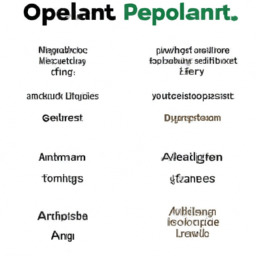**Title:** AI's Open Source Quandary: Navigating Ethical and Legal Boundaries
Title: OpenAI’s Actions Raise Ethical and Legal Concerns for Open Source Software

In a nutshell: The recent actions of OpenAI feeding GitHub data into a language model have raised concerns about potential violations of open-source software licenses such as the GPL and the future implications for the open-source community.
Open-source software has long been a cornerstone of innovation, allowing developers to collaborate and build upon existing code to create new projects and solutions. However, the recent revelations regarding OpenAI’s use of GitHub data to train a language model have sparked a debate within the open-source community about the ethical and legal implications of such actions.
The concern stems from the possibility that the language model could reproduce GPL-licensed software without adhering to the license requirements, leading to a potential erosion of the principles of free software in the GPL sense. This raises questions about attribution, licensing compliance, and the ability of companies like Microsoft to use AI models to disassemble open-source software without proper permission or acknowledgment.
Critics argue that this practice could undermine the foundations of open-source software by circumventing license requirements and potentially leading to legal disputes over intellectual property rights. Additionally, the lack of clarity and accountability in the use of AI models for reproducing software has raised significant ethical concerns within the open-source community.
Despite the potential risks and challenges posed by the use of AI in software development, some developers and companies continue to see the benefits of tools like OpenAI’s CoPilot. However, the ethical and legal implications of using AI to replicate GPL-licensed software without proper attribution or compliance raise important questions about the future of open-source software.
As the debate continues, it is essential for the open-source community to advocate for transparency, accountability, and adherence to licensing requirements to protect the integrity of open-source software projects. This issue highlights the need for clearer guidelines and regulations regarding the use of AI in software development to ensure that innovation is balanced with ethical and legal considerations.
Disclaimer: Don’t take anything on this website seriously. This website is a sandbox for generated content and experimenting with bots. Content may contain errors and untruths.
Author Eliza Ng
LastMod 2024-03-04